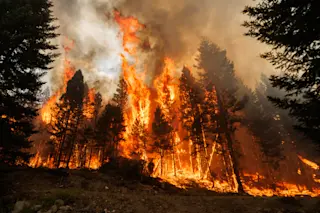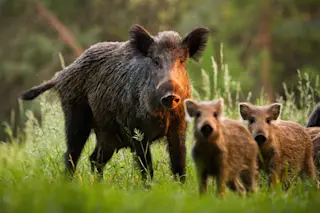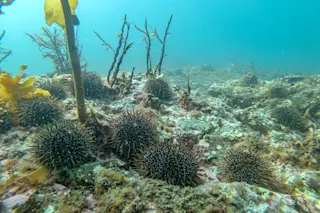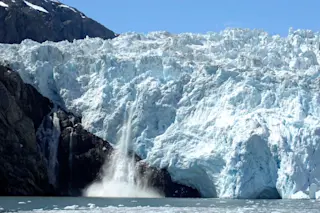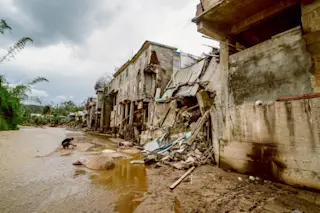In the run-up to next month's Rio Earth Summit, we're going to see a steady stream of bad news about the global environment. When that happens, let's hope that some of our respectable media do more than regurgitate NGO press releases and talking points. Alas, the Guardian shows us what not to do in this article on a report jointly produced by the World Wildlife Fund (WWF), the Zoological Society of London, and the Global Footprint Network. The Guardian piece is merely a platform for the report's highlights. It provides no outside assessment of the claims made. For example, evidently, the NGO report asserts that populous urban centers are bad for the planet. Here's what the Guardian says:
The world's cities have seen a 45% increase in population since 1992, according to the Global Footprint Network, and urban residents typically have a much larger carbon footprint than their rural counterparts.
...





